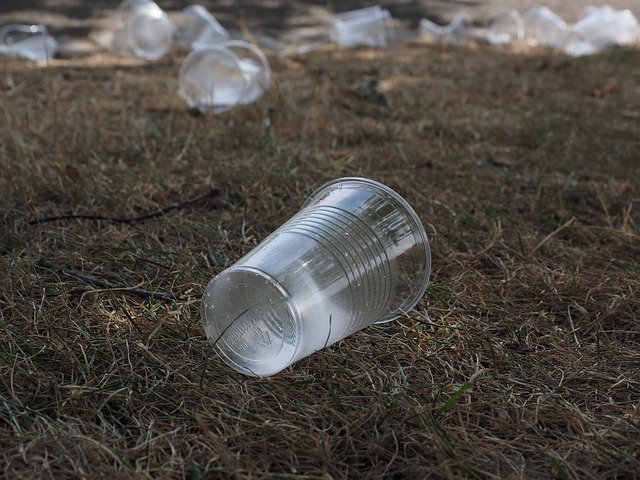World Environment Day is a time to become more aware of how we-as individuals, corporations and businesses are affecting our planet. As per the Green Industry Analysis 2018, going green is becoming attractive as a business strategy. Recognising the importance of our planet’s declining natural resources, many companies work to minimise both the use and production of harmful chemicals and waste byproducts in their goods. This year, India is the global host of 2018 World Environment Day with “Beat Plastic Pollution” as the theme in order to combat single-use plastic pollution. There are a variety of sustainable ways to grow, which corporate are implementing and simultaneously protecting our planet and the resources we have left for our upcoming generations.
Pitney Bowes started its product take-back program fifty years ago, and since then recovered millions of pounds of equipment and components for reuse and recycling. Today, 95% of the mailing equipment parts are recyclable. LG Electronics India today concluded a clean-up drive near its Greater Noida facility in line with United Nation’s ‘Beat Plastic Pollution’ global initiative.
This year the Mahindra Group is aiming to double its annual commitment by completing 2 million saplings plantation. Today the company is looking to plant 15 million trees under the aegis of Mahindra Hariyali program. In the rapidly developing world today, lack of green cover is impacting the oxygen level in the air at a basic level.
The Beer Café is inviting customers to bring their empty pet plastic bottles of 500 ml or more to any outlet to be recycled between 5th and 12th June 2018, and avail attractive discounts in return.
“It’s sobering to think that a plastic bottle, which we use for barely 10 minutes, can be a family heirloom for 10 generations. We are the first generation to truly recognise the impact of plastic pollution, and the only generation which holds the power to make an effective, lasting impact on the fate of the environment as well as our future generations,” remarks Andrew Almack, CEO, Plastics for Change.
According to The World Economic Forum, India annually generates about 56 lakh tonnes of plastic waste and contributes an astounding 60% to the amount of plastic waste dumped into the world’s oceans every year. The struggles that major cities face in dealing with their plastic waste have been well documented over the decades. With no strong laws and regulations in place to curb the growing plastic menace, the initiatives from all stakeholders can be of significant impact.
Marico’s study on prevalent farming practices & best cultivation methodologies highlights that farmers can produce 25% more in their fields by adopting the correct practices with no or negligible increase in costs. In order to make a difference in the lives of farmers, Marico took up the task to educate the coconut growers and help them increase the productivity, thus creating long-term crop sustainability and higher returns. Farmer training sessions were organised along with awareness on coconut cultivation, automation of processes, innovative solutions to local challenges, management practices, and soil testing, among others.
While speaking to Sir Dr. Huz, CEO and Trustee, Wockhardt Foundation, he says “Environmental issues in today’s time, is something that needs to be addressed with utmost urgency. As the government focuses on the ban of plastic bags in India this year, it is a great start towards a better environment. We as individuals and businesses need to put in our best efforts and support this initiative, which will serve as a symbol of our commitment to the environment. Man must realise that if he wants to take something productive from the earth, he must do so with full consciousness and awareness in a responsible way. The earth is where he lives. He must learn to nurture the nature. Caring about him alone is not enough.”
The green industry is seeking to meet the demands of today without compromising the needs of tomorrow. Being green must be part of every brand’s identity because taking care of our environment is our responsibility.
Thank you for reading the story until the very end. We appreciate the time you have given us. In addition, your thoughts and inputs will genuinely make a difference to us. Please do drop in a line and help us do better.
Regards,
The CSR Journal Team


